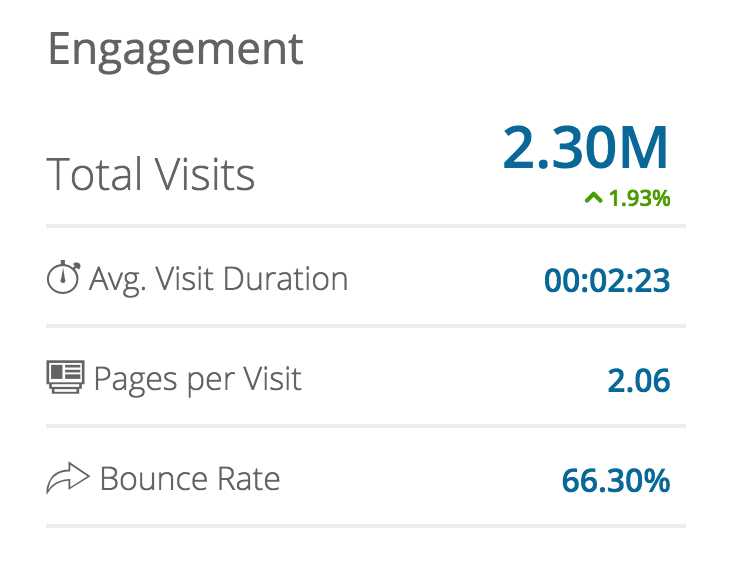CJBC holds “non-protest rally,” Harvard students protest “The Mikado,” The Heights publishes longform piece on “LG(BC)TQ” students, Northeastern student sues the university
Last Friday, around 40 students held a demonstration in front of Gasson Hall, according to The Heights. The “non-protest rally” was organized by Climate Justice at Boston College (CJBC), whose members were joined by allies from Divest BU and other Boston College (BC) community members.
Members and supporters of CJBC stood in the Quad holding signs and mirrors that read “No Coal” and “Boston College Supports Climate Violence.” Demonstrators also chanted “Board of Trustees, hear our cries. Invest in our future, not our demise.” CJBC’s primary goal is to push the University to divest its endowment from fossil fuel-related assets, including oil companies Exxonmobil and Shell.
Representatives from the University have stated that they do not view the endowment as a tool to promote social justice. CJBC responds that to not divest is a violation of the University’s ethical investment guidelines, which state that BC “is firmly committed to the promotion of the dignity of the individual, personal freedom, and social justice.”
– Connor Murphy for The Heights
A note: Matt Thacker is everywhere. I interviewed him for my video on Divest BU’s outreach program; Elle Williams included a photo of him in her video on DivestNU’s occupation; and now, he’s here. I’ve never seen a single student show up so much for a cause.
* * *
Later Friday evening, at Harvard University, around 10 students gathered outside Agassiz Theater Friday evening to protest the opening night of the Harvard-Radcliffe Gilbert and Sullivan Players’ “The Mikado,” according to the Harvard Crimson.
The comedic opera, written in 1884, satirizes British political culture and bureaucracy. In past renditions of the play performed around the world, non-Asian actors have portrayed Japanese characters, and critics have charged the play perpetuates exaggerated stereotypes of Japanese culture and people.
Harvard’s Gilbert and Sullivan Players’ rendition of “The Mikado” claims to grapple with controversial histories of western attitudes towards Japan. Their rendition takes place in a Las Vegas hotel as opposed to the fictional Japanese town of Titipu, and members of the theater troupe have sponsored teach-ins and town hall forums to talk about racism in theater ahead of opening night.
George S. Qiao ’18 said although he recognized the group’s efforts to engage with the history of the production, he felt that they did not go far enough, arguing the show engages with Japanese history in an offensive manner.
– Graham W. Bishai and Jalin P. Cunningham for the Crimson
* * *
TRIGGER WARNING: The story discussed and linked to below contains descriptions of sexual violence.
On Tuesday night, a mini-Spotlight team at The Huntington News, including myself, broke the largest story we’ve broken in my time at the paper. A current Northeastern University student — a young woman who is in my year at the university — filed a lawsuit against the school and five of its administrators and staff members.
Morgan Helfman, a junior political science and sociology major, claims that the university mishandled the campus proceedings that found a fellow student not responsible for allegedly raping her, according to court documents. Helfman, who gave The News permission to use her name, chose to handle her case through the Office of Student Conduct and Conflict Resolution (OSCCR), which allows for an internal Student Conduct Board hearing and decision.
The lawsuit, filed on Monday, Oct. 31, seeks damages and attorney’s fees on the grounds of negligence, breach of contract, intentional infliction of emotional distress, negligent infliction of emotional distress, misrepresentation, violation of the Massachusetts Equal Rights Act and violation of Title IX. Title IX is a federal law that prohibits discrimination on the basis of sex in federally funded educational programs. Helfman is seeking a trial by jury.
“I think the school didn’t see me as a student anymore after this happened, and I think students don’t report because of that,” Helfman said in an interview with The News. “And [students] deserve so much more.”
– Rowan Walrath and Rachel Morford for The Huntington News
Reporting this story has been a hell of a time for me on a personal and professional level, but I may (or may not) save that for another blog post. In any case, all notes of self-promotion removed, I highly encourage you to read the article.
* * *
Earlier today, The Heights published a longform article on the history of LGBTQ+ rights for students at the traditionally Catholic Boston College. It’s an impressive piece of journalism, so I advise you to take a look.



